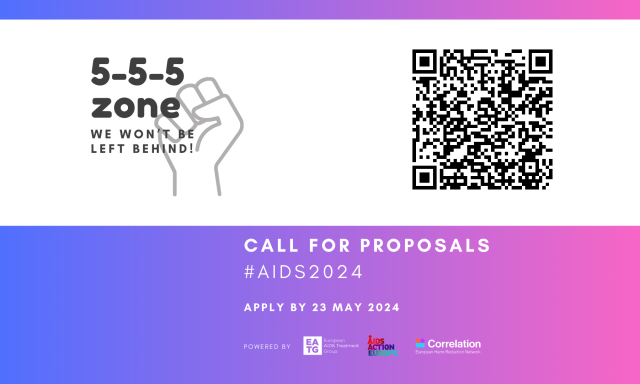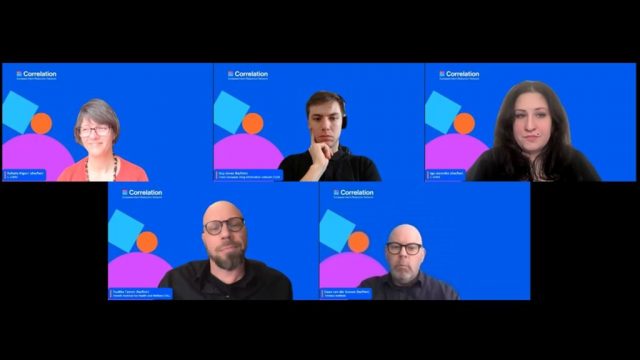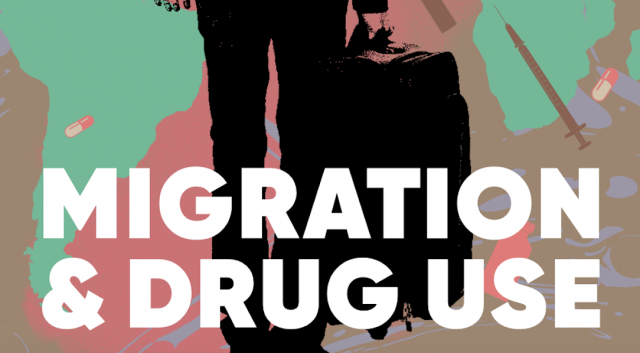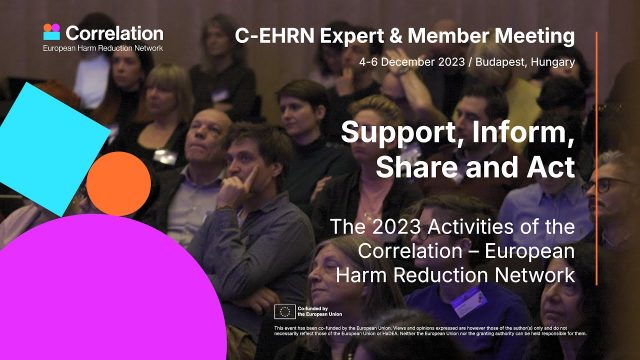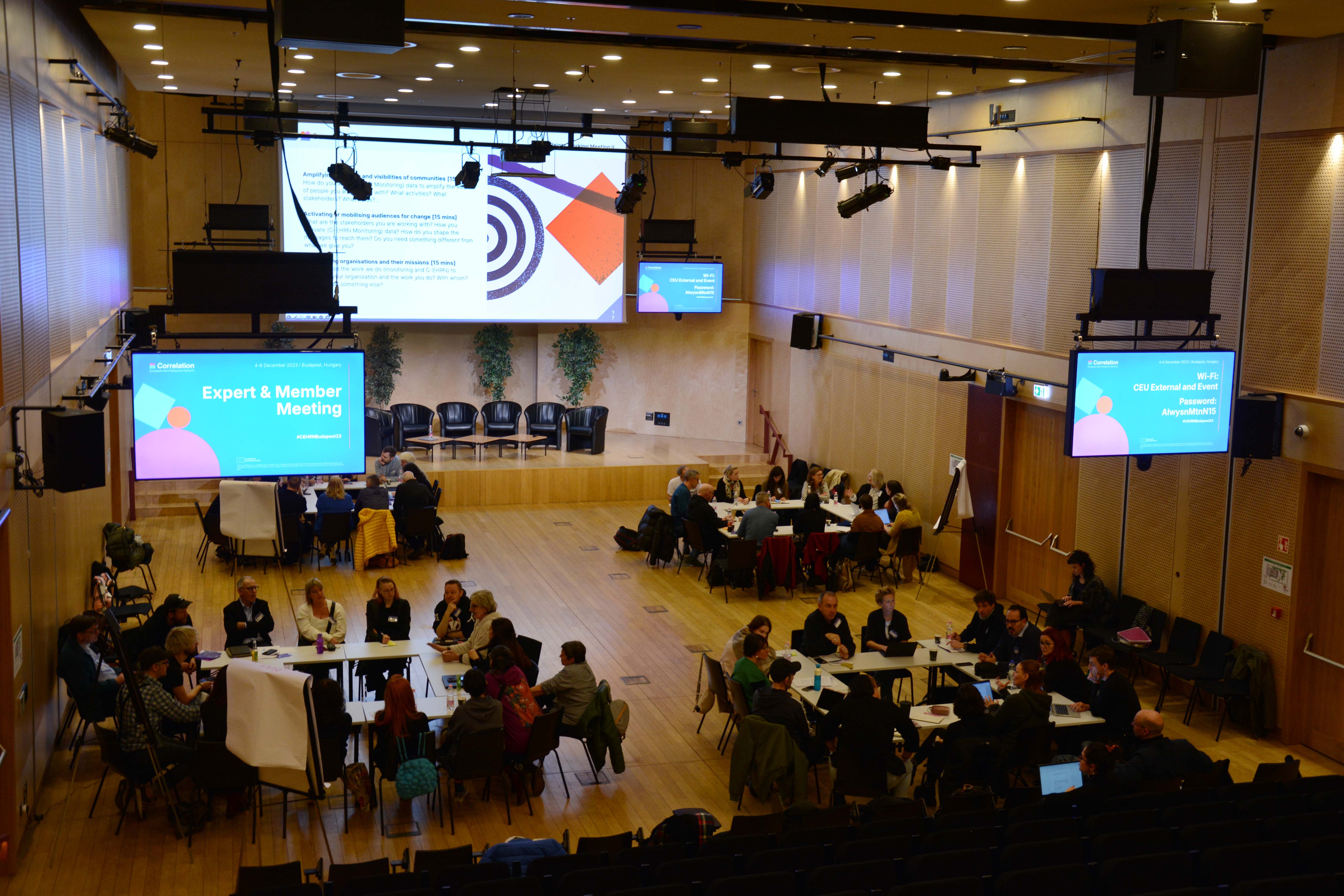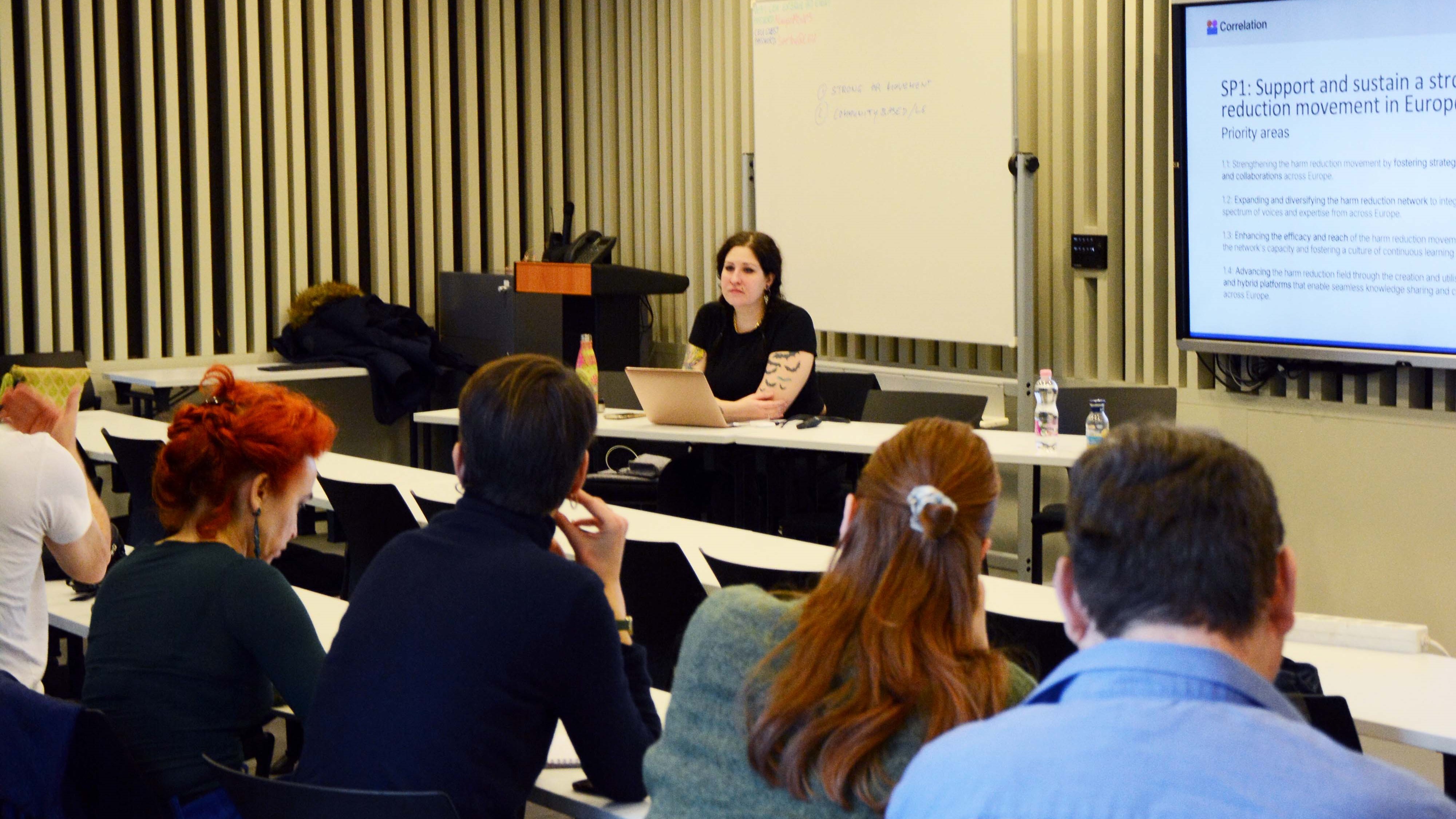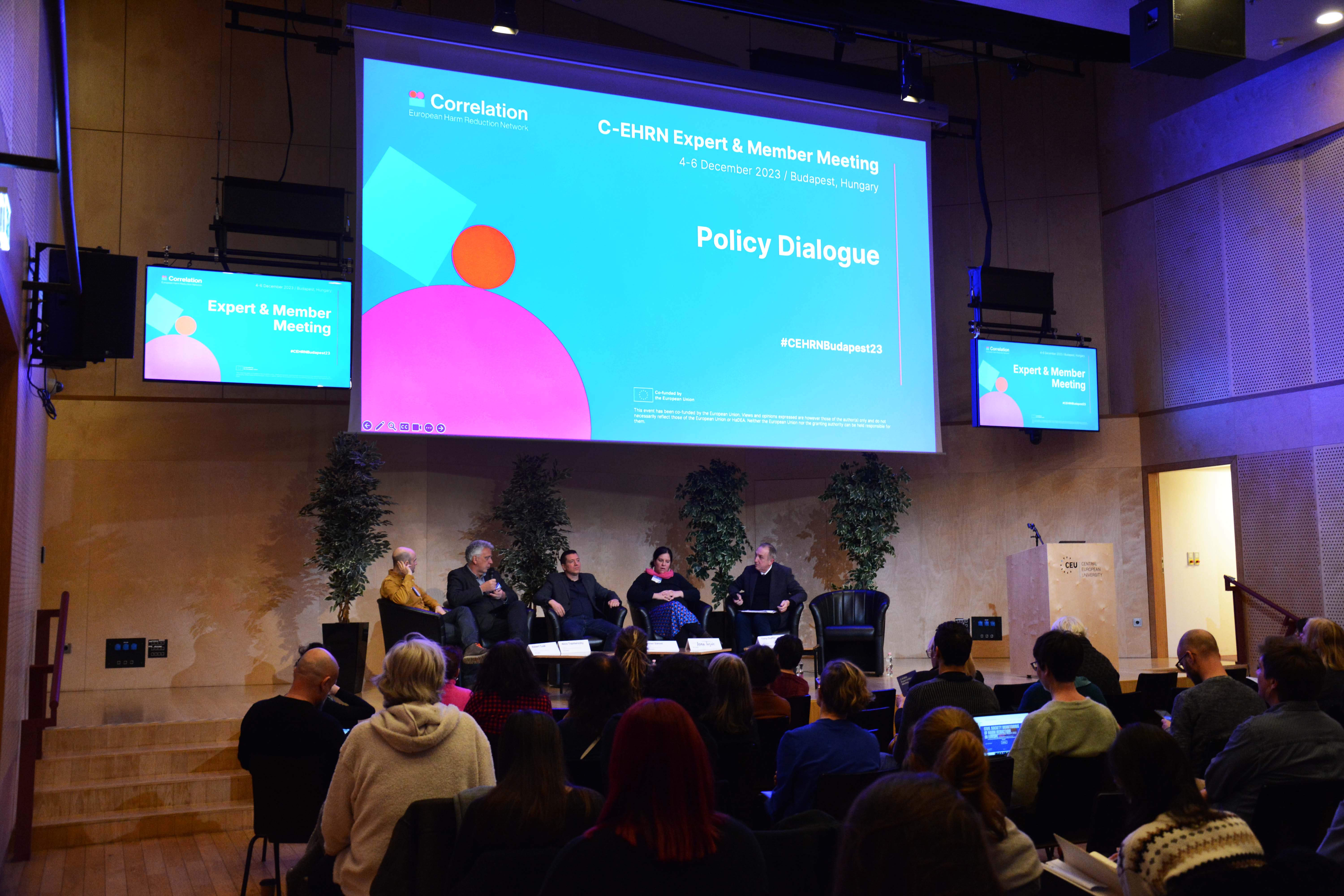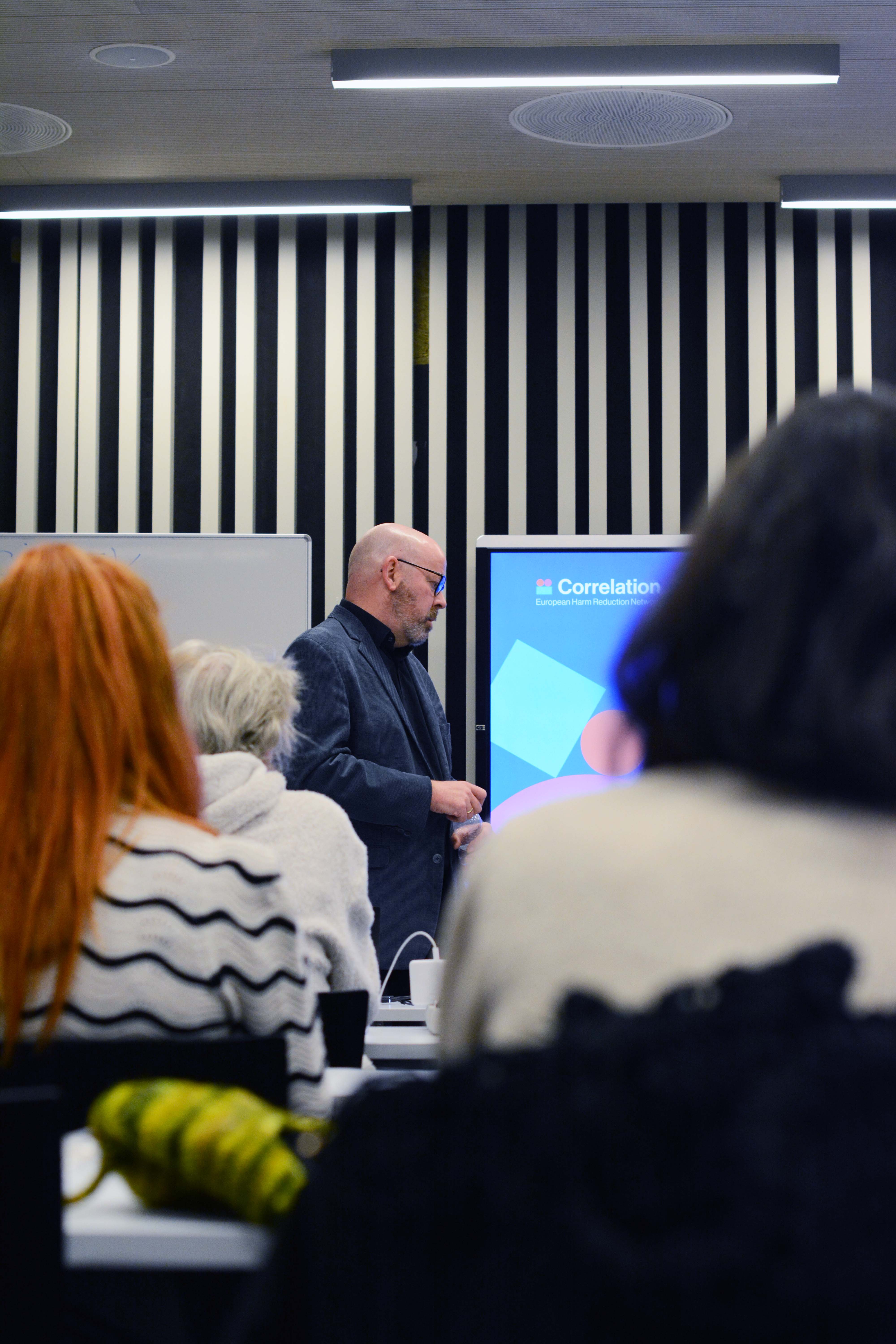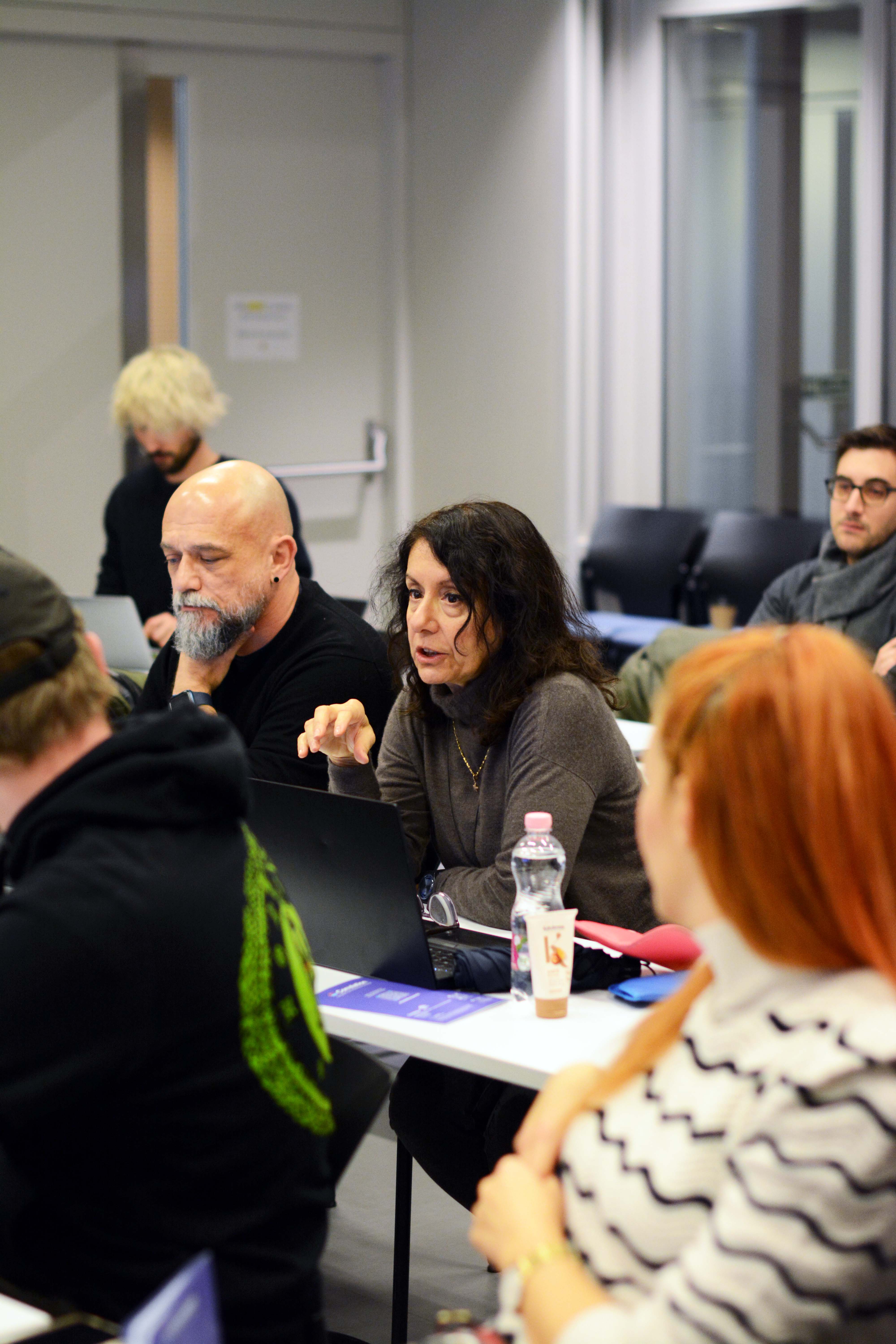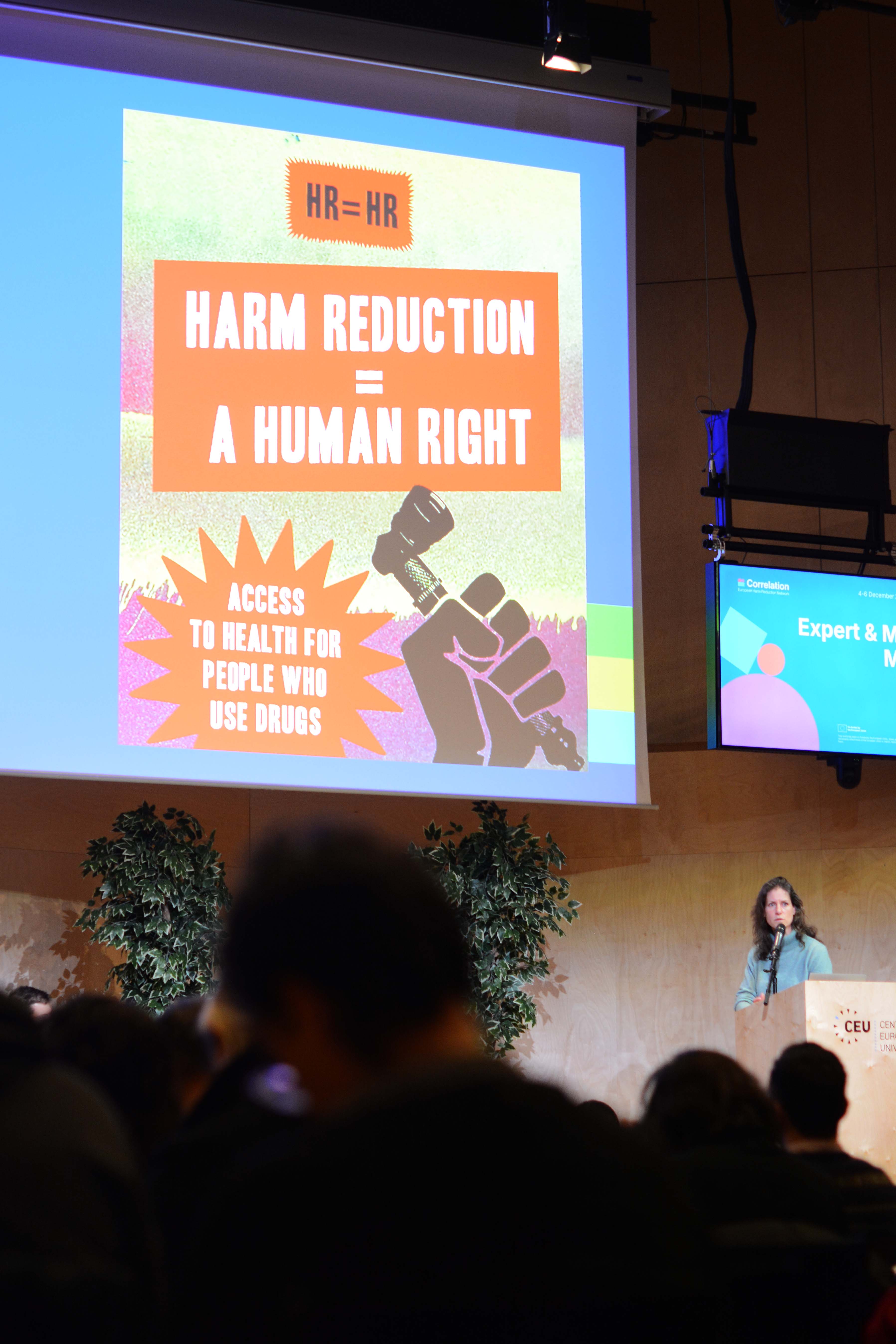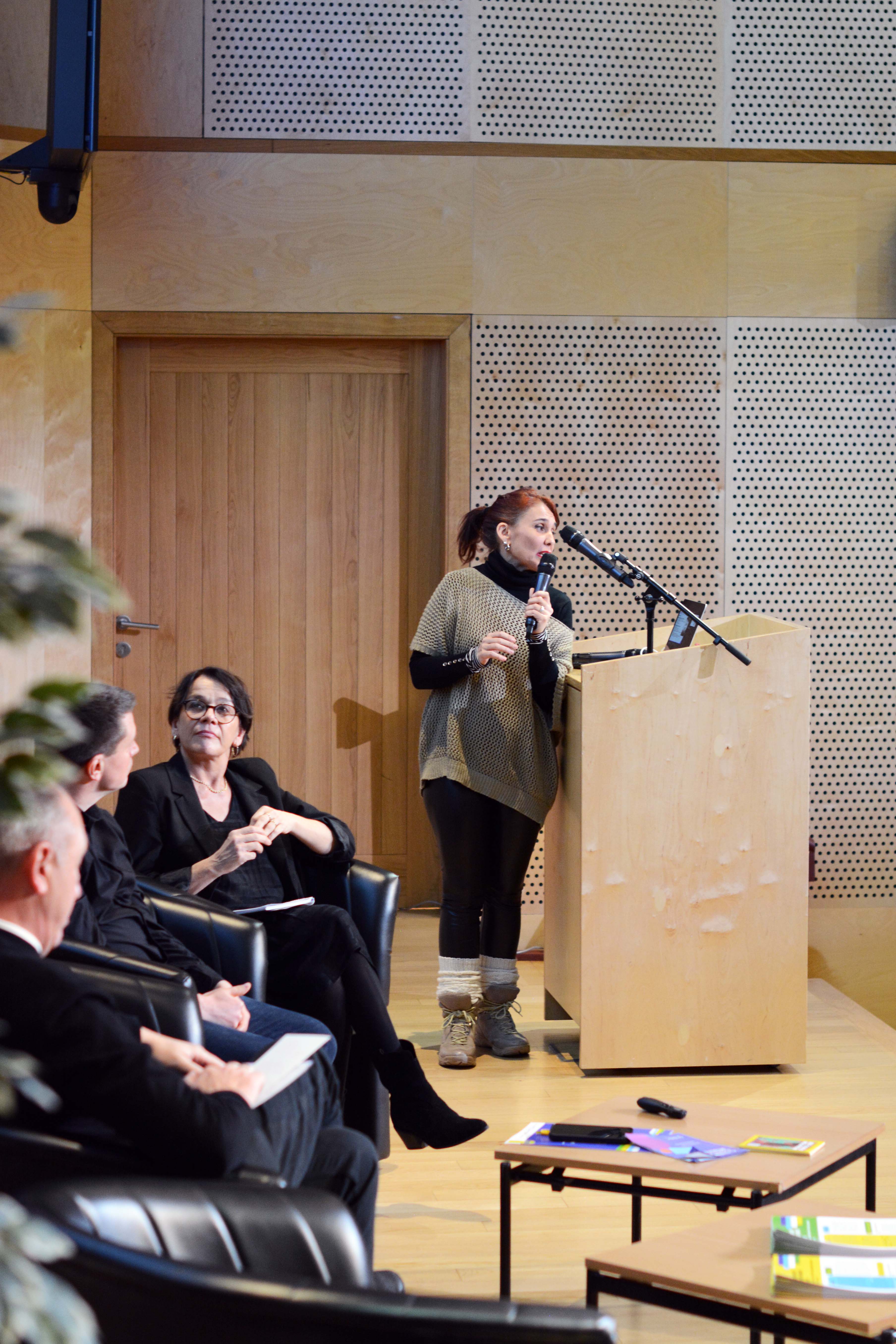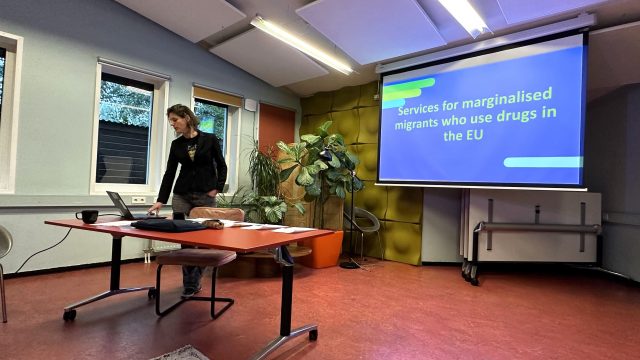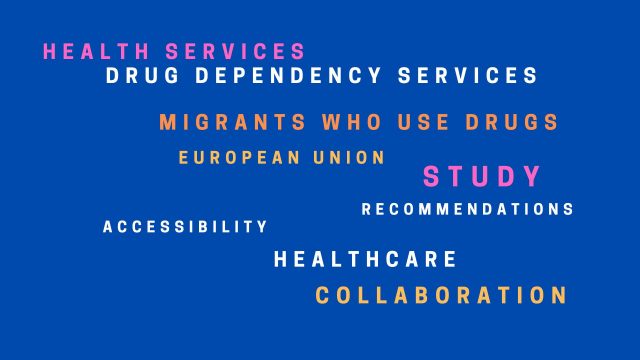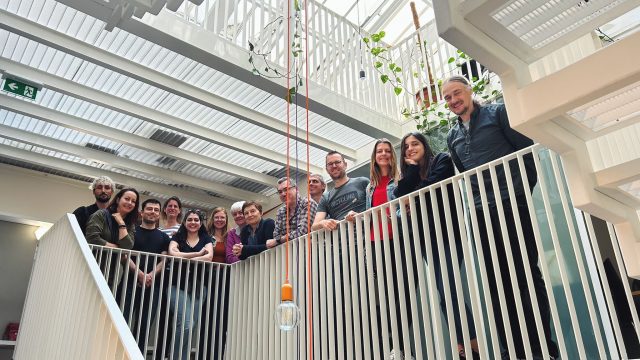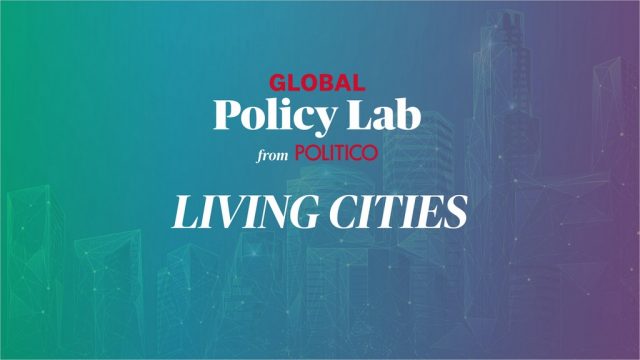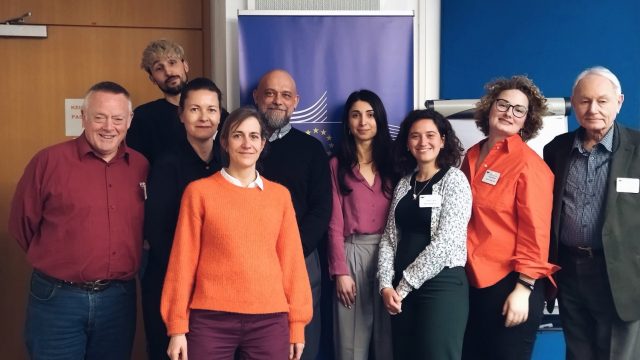The European AIDS Treatment Group (EATG) together with AIDS Action Europe (AAE) and Correlation – European Harm Reduction Network (C-EHRN) are issuing this Call for Participation in “5-5-5 – We won’t be left behind!”, a networking zone in the Global Village at the 25th International AIDS Conference (22 July – 26 July 2024) in Munich, Germany.
Please carefully read the application details before submitting your application. Click here to submit your application: https://forms.office.com/e/bL7xzEMVvq
Application deadline 23 May 2024, 23:59 CET.
Unfortunately, we are not able to provide financial support for presenters or participants. Organisers must find their own funding for travel to Munich, Germany and all costs associated with participation in AIDS 2024. For more information about the conference visit: www.aids2024.org.
Entry to the Global Village is free and open to the public. It does not require the payment of a conference registration fee.
If you have any questions, please contact Chiara Longhi (chiara.longhi@eatg.org).
Objectives
The 5-5-5 – We won’t be left behind! zone will examine gaps and solutions to achieve the 95% targets, and how to reach the remaining 5% with a focus on the WHO European region (partners beyond the region are welcome to apply). There will be one theme per day with inspirational talks, presentations, and recaps on key learnings.
The objectives are:
- To foster and strengthen cross-sectional and cross-country collaborations by providing a space for mutual-learning and networking together means for them.
- To strengthen the inclusivity and participatory nature of HIV related organisations by consulting communities on what meaningful engagement.
- To strengthen and sharpen advocacy initiatives, by providing a space to discuss communities’ advocacy priorities, challenges, and ways to work.
The zone will provide space for community organisations to organise sessions around 5 themes. The overarching themes will be to address stigma and discrimination, improve health outcomes of inadequately served populations and social justice.
Thematic days:
- Mobility and HIV (21 July).
- Sexuality and sex positive approaches (22 July).
- Well-being, quality of life and mental health (23 July).
- Substance use and harm reduction (24 July).
- Blind spots in the HIV response (25 July).
Who can apply?
We are calling for participation from grassroots and national NGOs, community-based organisatios, networks, researchers, institutions, civil society organisations, human rights organisations, advocacy associations for people living with HIV and other social justice organisations, as well as leaders in the field of HIV from around the WHO European region to join us in advancing the above objectives. Partners beyond the region are welcome to apply.
In our networking zone, we are particularly looking for applications from people living with HIV and other co-infections, trans and gender-diverse people, migrants and people on who move, women, people who use drugs and people in prisons and closed settings.
Activities
We invite you to apply to host an activity related to one the thematic days (Mobility and HIV; Sexuality and sex positive approaches; Well-being, quality of life and mental health; Substance use and harm reduction; Blind spots in the HIV response) including, but not limited to, the following types:
- Posters, presentations and discussions
- Demonstrations of innovative advocacy or equity initiatives
- Display of art projects
- Presentations of new research findings and evidence
- Interactive skills-building sessions and workshops
- Film screenings and digital storytelling
- Stories from community representatives
- Presentation of policy papers and community resources
- Roundtable discussions with key stakeholders in the field of HIV, viral hepatitis, and STIs
- Facilitated networking events

